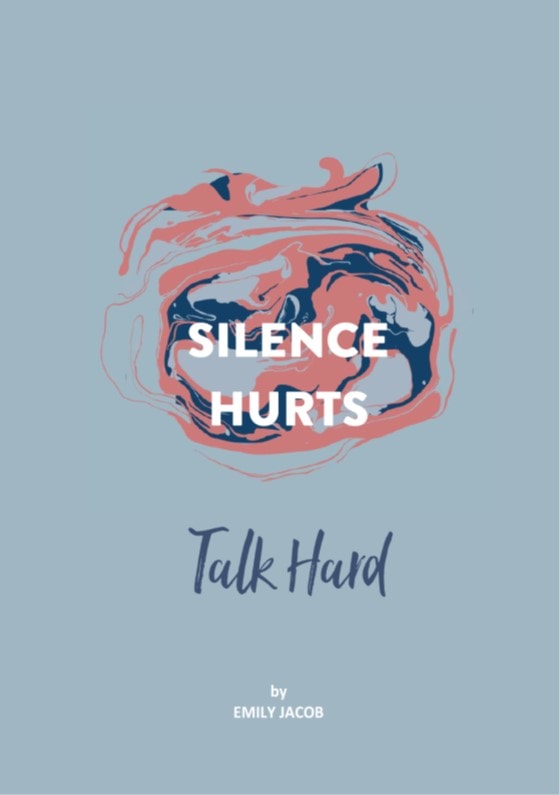This blog has been inspired by conversations with friends. Close friends. Friends I love dearly. Friends who know me, what I’ve been through, what I’m going through, who love me, who I consider allies. But friends who don’t seem to quite get it. Yet. And hence this blog.
First, I had a conversation with a friend who didn’t think that it was possible to be forced to give a blow job. Because you can always bite, can’t you? So, it’s just not possible to be forced.
Second, I had a conversation with a friend who thinks that we need to teach young girls and women to protect themselves. Because if you don’t want your car broken into, we lock it, don’t we? If we leave our car unlocked (or our house doors open), we’re just asking for it, really, and whilst we can blame the thief, we also need to accept that we were silly to be so trusting, and not expect to be robbed.
Well, to both I say: bullshit.
The fact that these opinions come from friends, are not from Daily Mail readers, and aren’t from small-minded misogynist pricks writing on the comments section of News International articles, it makes them harder to take. It really brings home the message that there is such a long way to go in addressing rape culture, fundamentally a very long way to go.
First, blow-jobs. A man, bigger than you, stronger than you, sticking his cock into your mouth. Holding your head there, jamming into you. Your instinct is to try to breathe, but you can’t. If biting even comes into your mind, he’s already suffocating you, what will he do if you do that to him? The instinct is to live. Biting didn’t come into my mind. He’d already beaten any fight out of me, and I was ready to do anything to please him, to get him to cum, so that he might stop, so that he might leave.
People often talk about fight or flight. Hardly ever does anyone talk about freeze. It can’t be rape if you didn’t do something to stop it? Bullshit. Freeze is a legitimate survival response, the body shuts down, the mind shuts down, it’s a way of dealing with the trauma of the violence being done. And there is also then acquiescence. Doing what needs to be done to get it over with. To get out of it alive. In cases of rape, flight is hardly ever possible; you’re already pinned down by someone bigger and stronger. Fight might be attempted, but, again the bigger/stronger issue can mean that is short-lived. After that, really, the only options for the body to try to stay protected is freeze and/or acquiescence. People need to understand that. It’s the basics.
Second, protect yourself. All the messages in society about rape focus on what women can do to protect themselves. The taxi-ad on the underground – if it’s not booked, it’s just a stranger’s car. Messages in the media about drinking, about what you wear. Well, women get raped in hijabs. Women get raped when jogging in their tracksuits. Watch your drink, but you never know, it might have been the barman who spiked it, and he might have spiked the glass of water you wanted so you weren’t drinking too much. Most rapes aren’t stranger rapes, most rapes aren’t random pick-ups in bars. Most rapists are known to the victim. They are the husband, the lover, the friend, the colleague, someone in their close social circle. You can lock yourself up like you lock up your car, wear polo necks, drink only soft drinks, never go out, and you cannot protect yourself from being raped.
Messages that say you can protect yourself do two things: they give a false sense of security and make us believe that if someone is so ‘unlucky’ as to get raped, they must have done something to bring it on themselves. And they mean that the victim goes through life believing that they were somehow to blame. Messages that say you must do everything you can to protect against rape are the main contributor to victim blaming and rape culture. Victim blaming means that juries don’t convict. Victim blaming creates a stigma about rape.
When I was raped, I blamed myself. Because I’d been drinking. Because I froze and stopped fighting. Some of my so-called friends reinforced this – if I couldn’t remember everything, how could I be sure that I hadn’t consented? (um, because I hadn’t, and was not anyway in a state to consent), how could I be certain that it was rape? (um, because my body bore the marks of a really vicious beating and my mind was in turmoil), it couldn’t be rape because I hadn’t gone to the police straight away (um, because I didn’t think it would do any good – and it didn’t, as it turned out).
Messages that say you can protect yourself reinforce the view that rape is something that if you are careful you can avoid. These messages are very important for people to feel safe. When rape is so prevalent, when up to 1 in 3 women will be raped or sexually assaulted in their lifetime, it is critically important for society to create myths to make people feel safe, to feel that it just won’t happen to them. Because being in fear of being raped is not a way to live. But, these messages will only give a false sense of security. They won’t change the 1 in 3 statistic. The only thing that will change the 1 in 3 statistic, and start to end the epidemic, is the message don’t rape.
We never say don’t rape. We even seem to have a very mixed up, uncertain view of what constitutes rape. The joke, it’s not rape if you say surprise first, kind of sums it up. George Galloway talking about ‘being in the sex game’, Ken Clarke saying some rapes are more serious than others. The misunderstanding that you can’t be forced to give a blow job. Rape is rarely neat, a stranger with a knife jumping out from behind a bush as you walk home. Rape happens whenever someone is penetrated against their will.
We have to teach consent. The message needs to be ‘do you have consent’, not ‘don’t wear a short skirt because if you do, you’re fair game’. Until the consent message is the prevalent one in society, and not the protection message, we will never change rape culture, we will never reduce rape, we will never end victim blaming, and we will never achieve justice for rape survivors.
Like this? Read more. Download Silence Hurts: Talk Hard below.
SILENCE HURTS
Talk Hard
Silence hurts. It eats us from the inside. It traps us, making sure we feel isolated and alone.
In talking there is a taking back of control. In talking we find that we are not alone, that there are others, that others have healed, that healing is possible, that there is hope. In talking we find community.
In talking there is power. Talk hard.



0 Comments